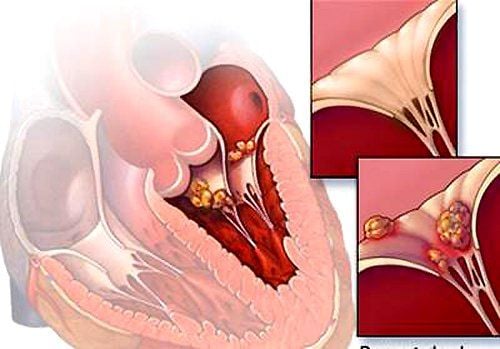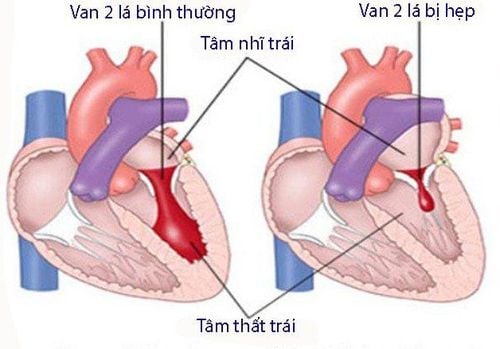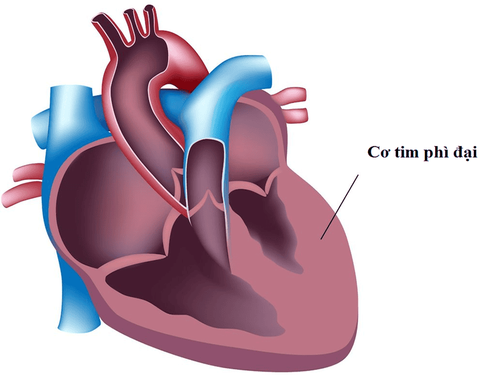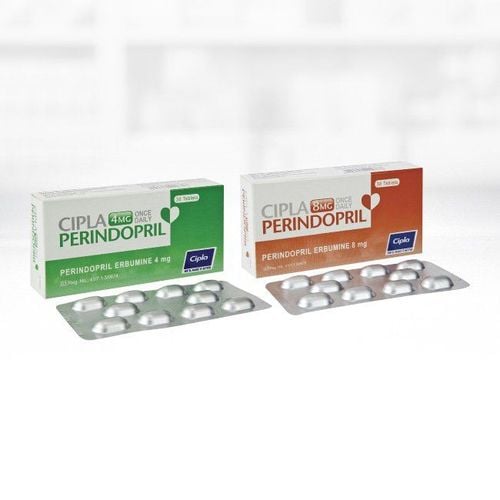This is an automatically translated article.
The article is professionally consulted by Cardiologist - Department of Examination & Internal Medicine - Vinmec Phu Quoc International General HospitalLigament rupture, mitral valve regurgitation is a cardiovascular disease that can occur at any age and gender, seriously affecting the cardiovascular activity and health of the patient.
1. Signs of mitral regurgitation
For patients with mild mitral regurgitation, there will be no symptoms. Therefore, many people do not know they have mitral regurgitation and live a normal life for many years.
For patients with severe mitral regurgitation, there may be the following symptoms:
The patient is tired, has difficulty breathing, especially when exercising or lying down Listen to the heart murmur in the patient's heart Arrhythmia in the patient The patient sweats the feet or elbows.
2. Rupture of the ligament of valve 2 is the cause of mitral regurgitation?
There are many causes of mitral regurgitation and rupture of the mitral valve ligament is also among them.
When any part of the heart such as annulus, leaflets, valvular ligaments, muscle columns, myocardium are damaged, it can cause mitral regurgitation. Causes of mitral regurgitation include:
Rheumatic heart disease: this is considered the leading cause of mitral regurgitation.

Người mắc bệnh thấp tim có nguy cơ gây hở van 2 lá
Some structural heart valve disorders such as mitral valve prolapse or subacute infectious endocarditis as well as myocardial infarction and myocardial ischemia. Dilated cardiomyopathy as well as hypertrophic cardiomyopathy and hypertension are also among the causes of mitral regurgitation. Patient has systemic lupus erythematosus. In addition, mitral regurgitation can also be caused by valvular degeneration and calcification of the mitral valve or congenital heart disease, due to mitral valve trauma including leaflet tear, perforation as well as mitral ligament rupture. .
3. How to reverse mitral regurgitation?
The following measures can be used to reverse mitral regurgitation:
3.1 Use of medications Some drugs work to reverse mitral regurgitation, including: Antihypertensive drugs, blood ointments, anticoagulation with diuretics, heart rate reducers... as prescribed by a specialist.
3.2 Follow a scientific diet When you have heart valve regurgitation, you should eat heart-healthy foods such as: Fish, whole grains and vegetables, avoid eating too salty as well as limit foods lots of fat. Perform heart valve repair surgery, heart valve replacement in cases where the patient uses drugs that do not control symptoms.

Sử dụng ngũ cốc nguyên hạt trong thực đơn hằng ngày giúp đẩy lùi nguy cơ hở van 2 lá
Any questions that need to be answered by a specialist doctor as well as if you have a need for medical examination and treatment at Vinmec International General Hospital, you can contact Vinmec Health System nationwide or register Register online HERE.













